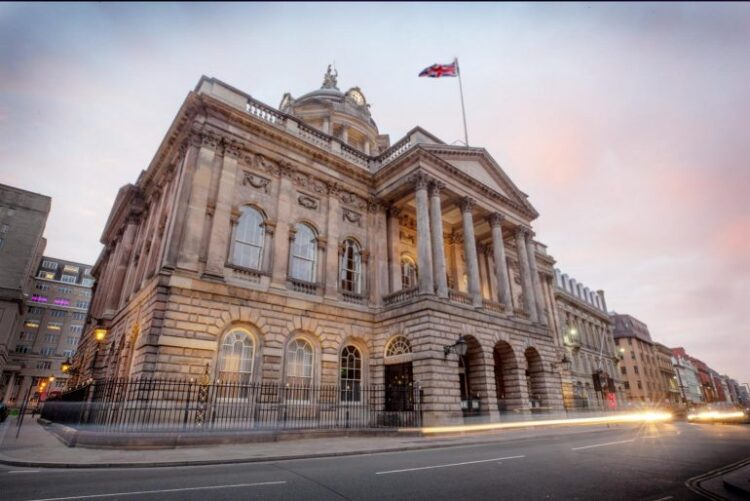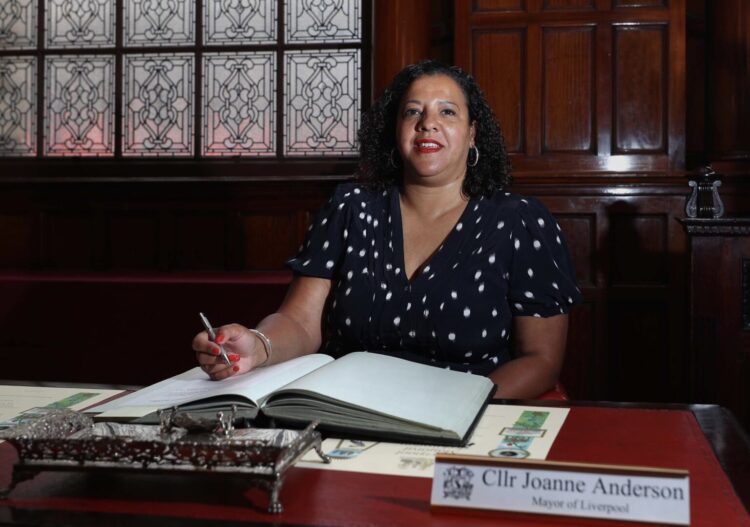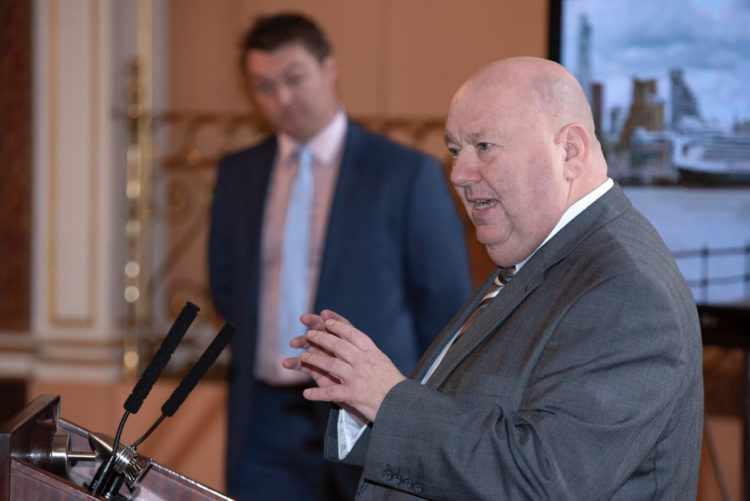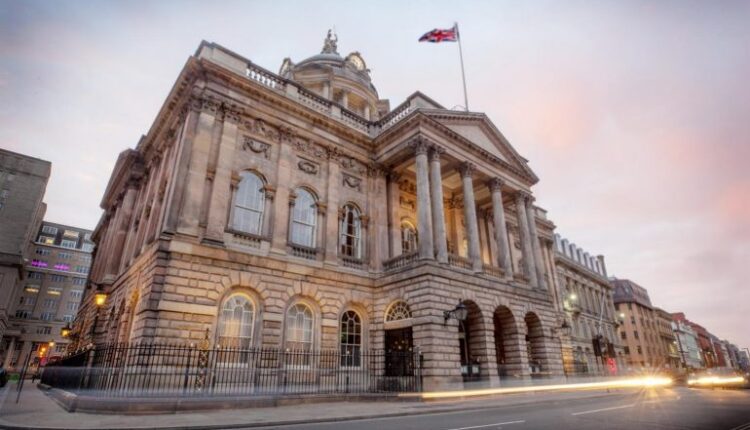Politicians in Liverpool are expected to vote to scrap the role of elected Mayor despite people in the city voting in favour of keeping the role in a consultation. Tony McDonough reports

Liverpool City Councils ruling Labour Group says it will push on with voting to abolish the role of elected Mayor despite the public voting in favour of keeping the role.
Current Mayor Joanne Anderson was elected in May 2021. In March, Liverpool City Council launched a three-month consultation asking residents: “How would you like Liverpool City Council to be run?”. People were offered three options:
- An elected Mayor who is directly elected by voters every four years (current system).
- A leader who is an elected councillor, chosen by a vote of the other elected councillors.
- One or more committees made up of elected councillors.
Labour had originally offered a referendum on the issue. However, this was deemed too expensive and instead a public consultation was announced. On Friday the results were published:
- 40.9% (4,709 votes) – a city Mayor who is directly elected by voters every four years.
- 32.9% (3,793 votes) – a council led by one or more committees made up of elected councillors.
- 23.6% (2,721 votes) – a leader who is an elected councillor, chosen by a vote of other elected councillors.
- 2.5% (296 votes) – no preference stated.
However, total number of votes cast was 11,519. This is in a city with a population of around half a million. Consequently the ruling Labour group believes the vote is not truly representative of the city and intends to press on with abolition of the Mayor. This will be related by a leader elected by councillors.
Labour group chair Cllr Mary Rasmussen has written to Labour councillors outlining its position. She said: “None of the three models on offer – mayor, leader with cabinet or leader with committees – had majority support. Although a plurality of the responses backed the leader with cabinet or committee options.
“The second point is that this consultation process was advisory but given the response rate was equivalent to just 4% of the city’s population, we do not believe it offers a representative view of public opinion across the whole of Liverpool.
“All of which means that the Labour group’s position remains the same. We are committed to change and want to see a leader and cabinet model introduced.”
The consultation, which was held online and via postal ballot, included a letter being sent to every household on the electoral roll in the city. It was supported by a digital, radio and print media campaign and ended on 20 June.
Click here to see the consultation results
The outcome of the consultation will be reported to the Constitutional Issues Committee on Monday, July 11. It will then go to cull council at Liverpool Town Hall on Wednesday, July 20, to be discussed and voted upon by all of the city’s 90 councillors.
Any change in governance will take effect from the elections in May 2023, and will be binding on the council for five years.


City solicitor Dan Fenwick said: “The Council’s objective was to reach out to as many people in Liverpool as possible to ensure they knew about the consultation, so that they could have their say over the future governance of Liverpool City Council.
In 2012, councillors voted in favour of replacing the council leader role with that of an elected Mayor. It bypassed the typical practice of a local referendum and was said the move would create “the most powerful politician in England outside the capital”.
Labour’s Joe Anderson was elected as Liverpool’s first Mayor in May 2012, winning almost 60% of the vote. Later explaining why there wasn’t a referendum, Mr Anderson said the £130m in extra grants promised by the Government was an incentive that was too good to refuse.

